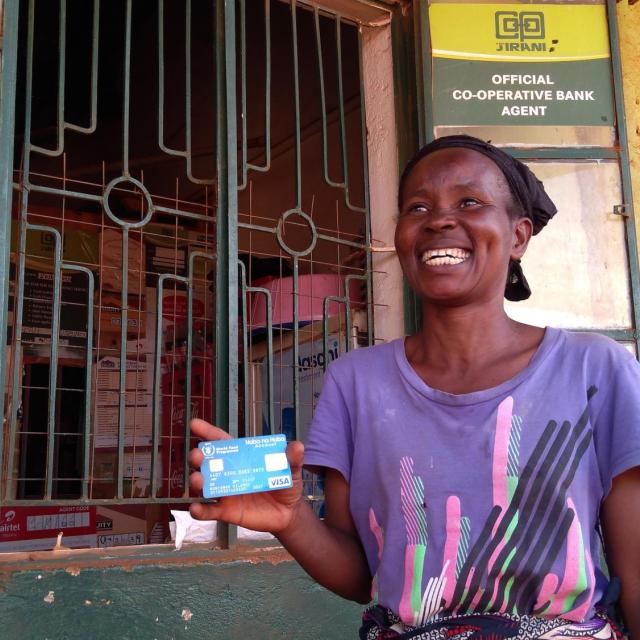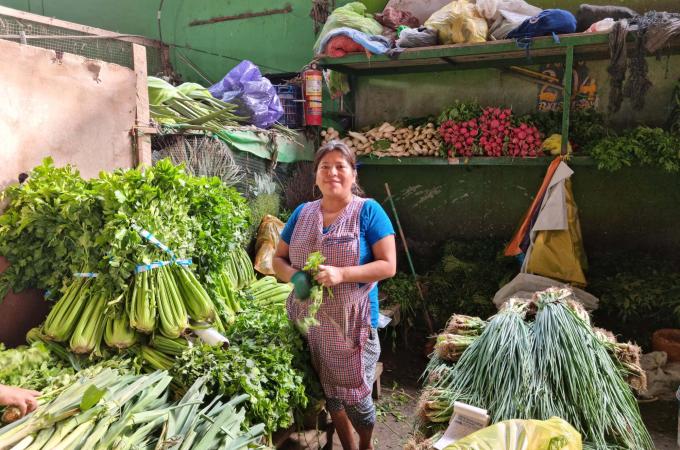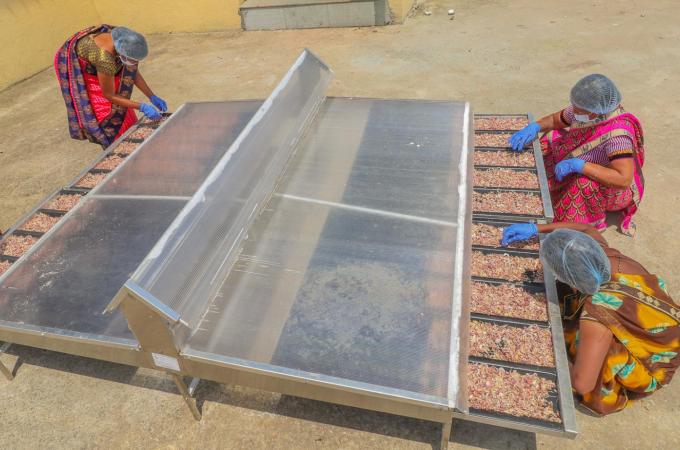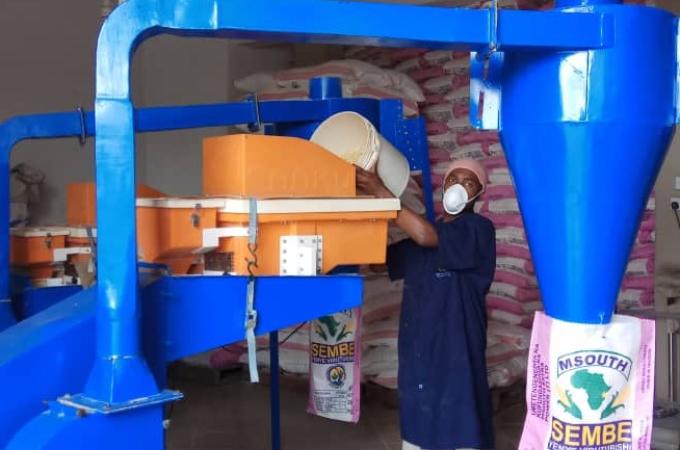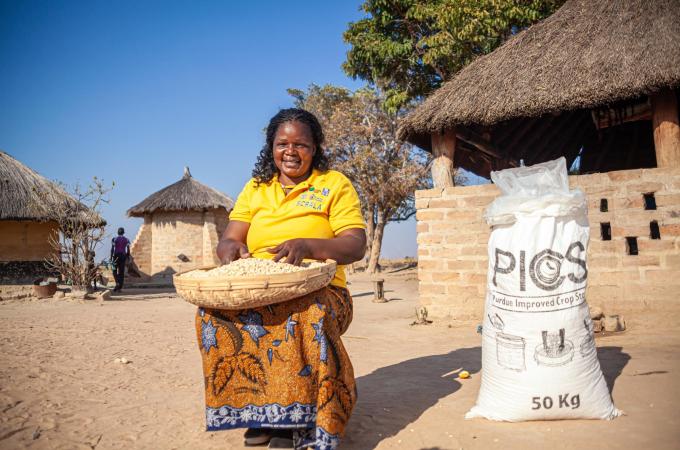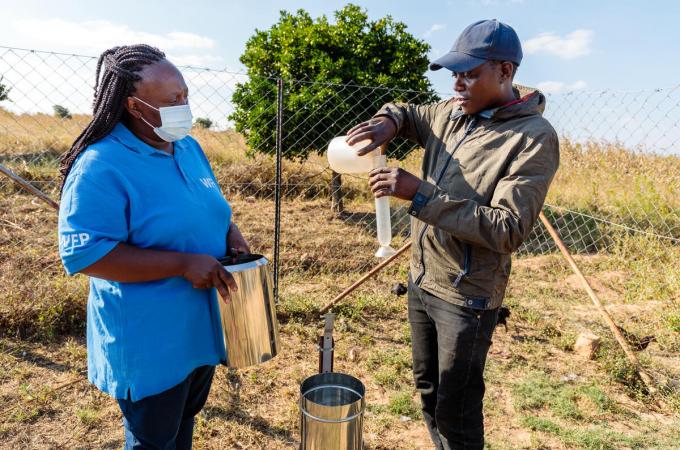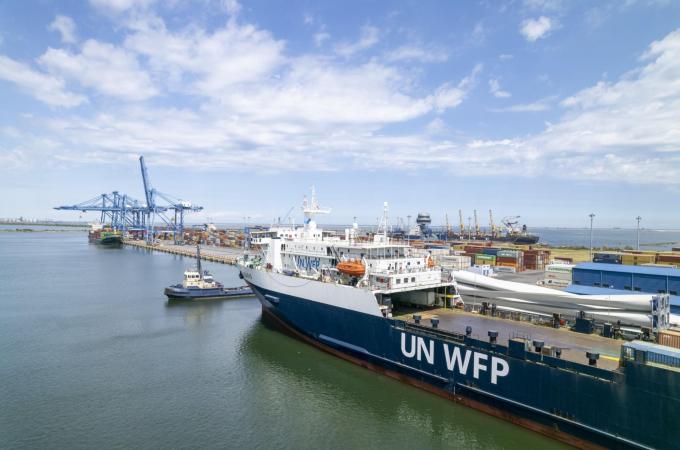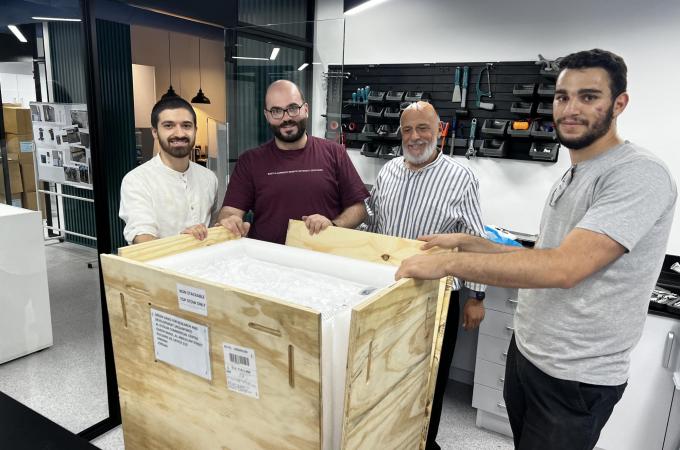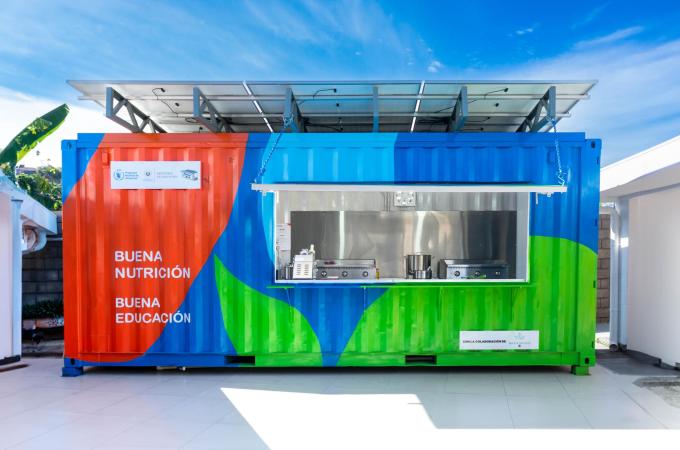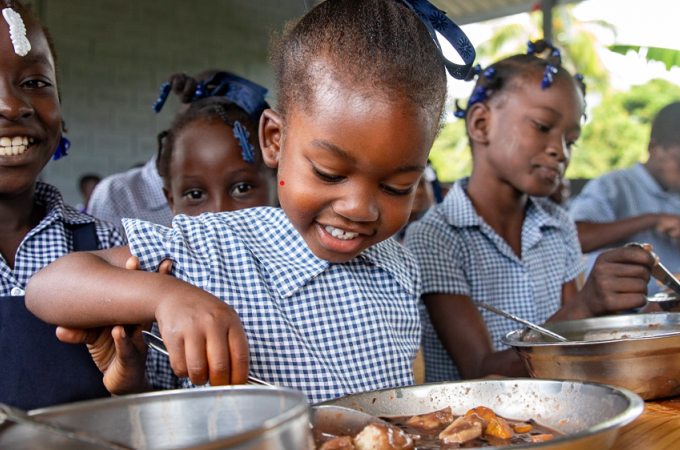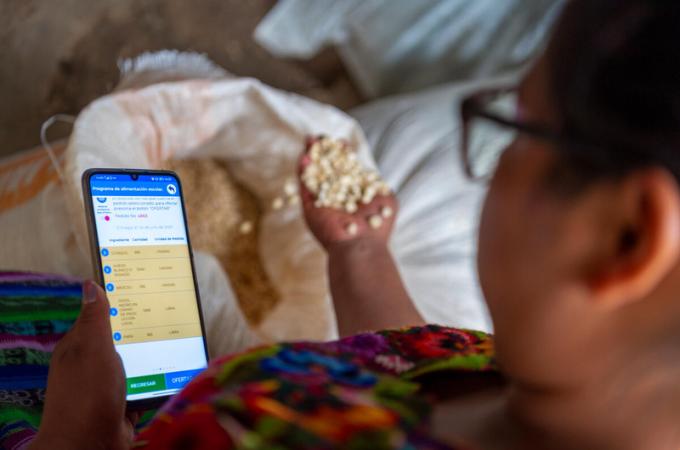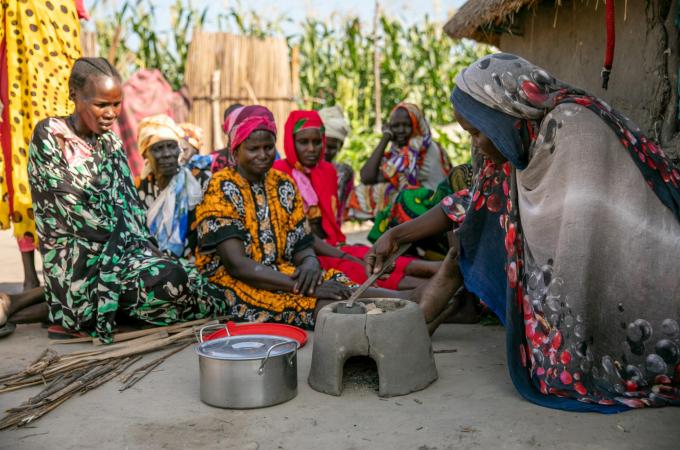Scale-Up Enablement Programme
The Scale-Up Enablement Programme supports advanced stage innovations which have already proven their project concepts within WFP field operations, and are working to optimize their impact and reach at regional or global levels.
Sprint Programmes
WFP Innovation Accelerator sprint programmes are intensive acceleration programmes that supports innovators and start-ups in reaching proof-of-concept, launching pilots, testing business models and scaling to new modalities and locales. During sprints, innovations receive business and technical support and grant funding to implement a defined sprint project.
Alumni
Alumni projects have completed their life cycle with the WFP Innovation Accelerator. Some have scaled-up or were rolled into WFP’s operations, while others may have gone their own way. All have had the chance to test their innovations in WFP’s field projects and gained valuable insights that will inform their future paths.
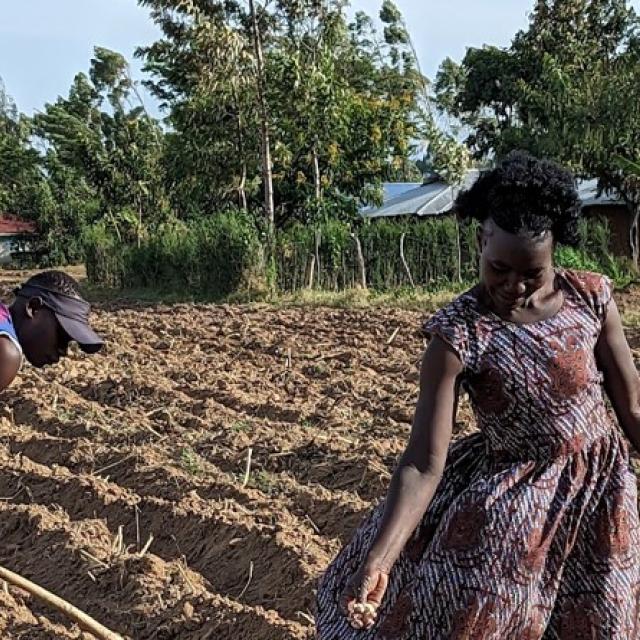
Toothpick Company Ltd. (The Toothpick Project)
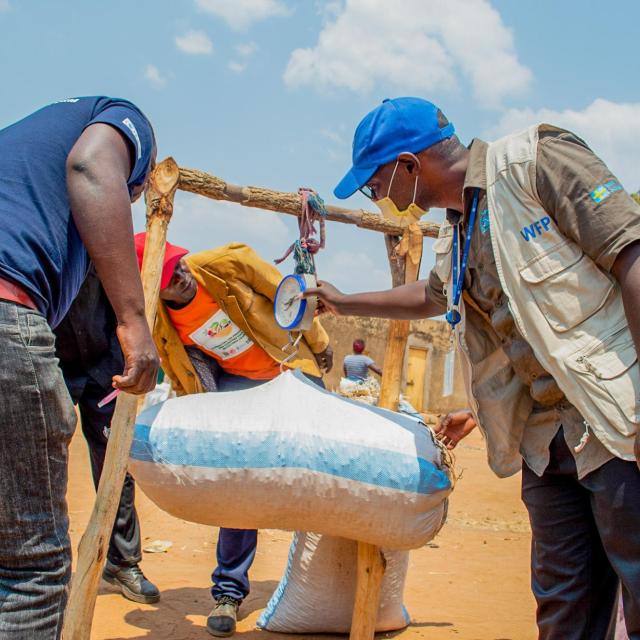
Farm to Market Alliance
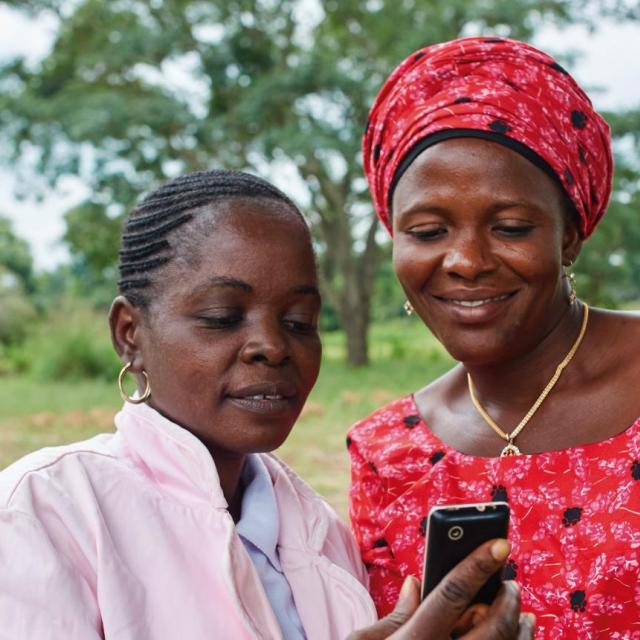
Ignitia
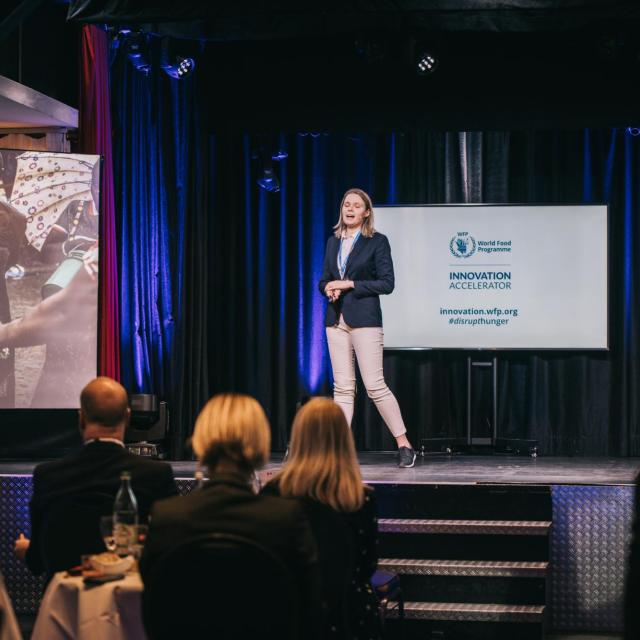
DARTs
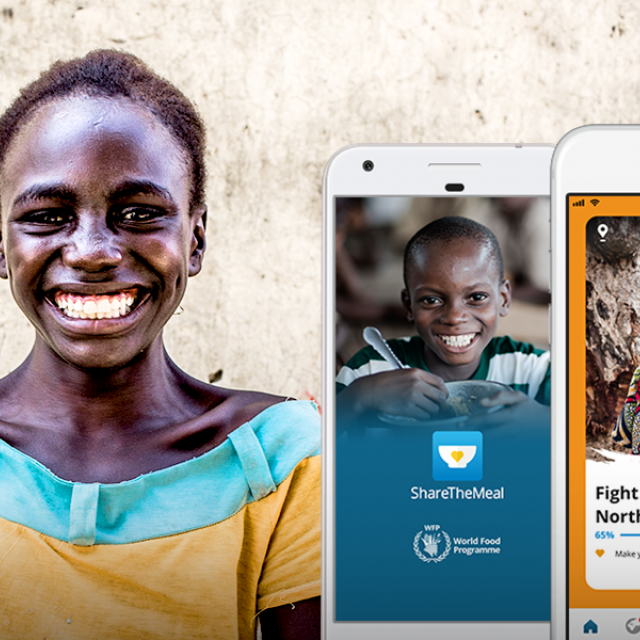
ShareTheMeal
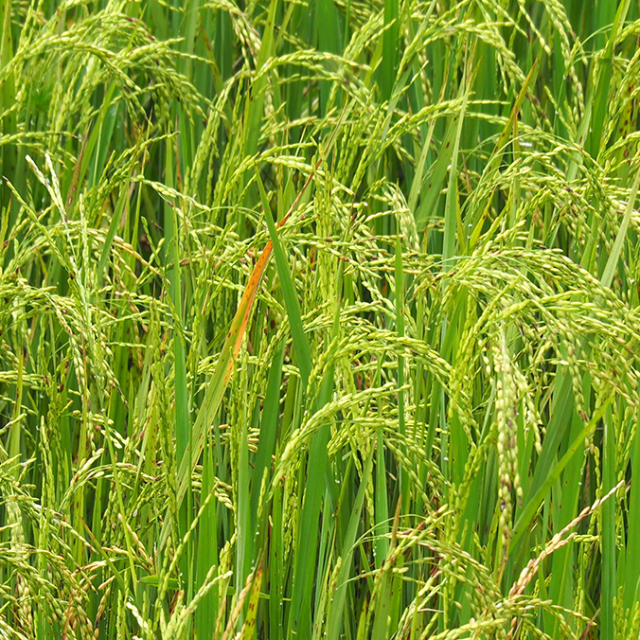
Takachar
Optimus
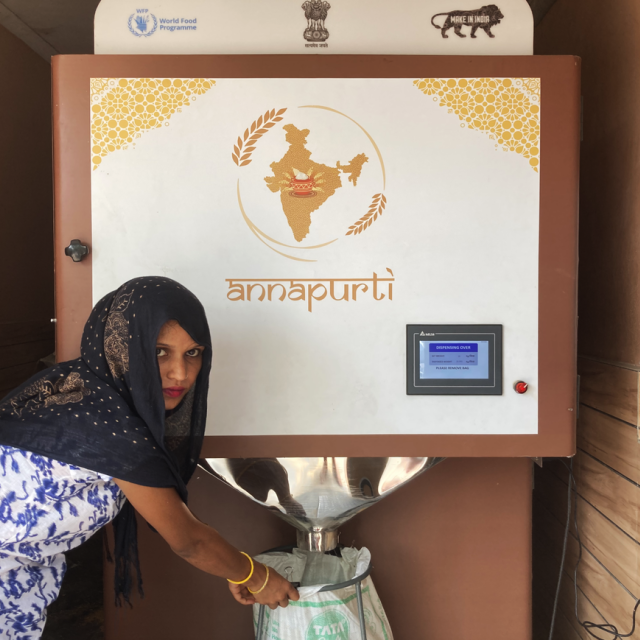
Annapurti - GrainATM
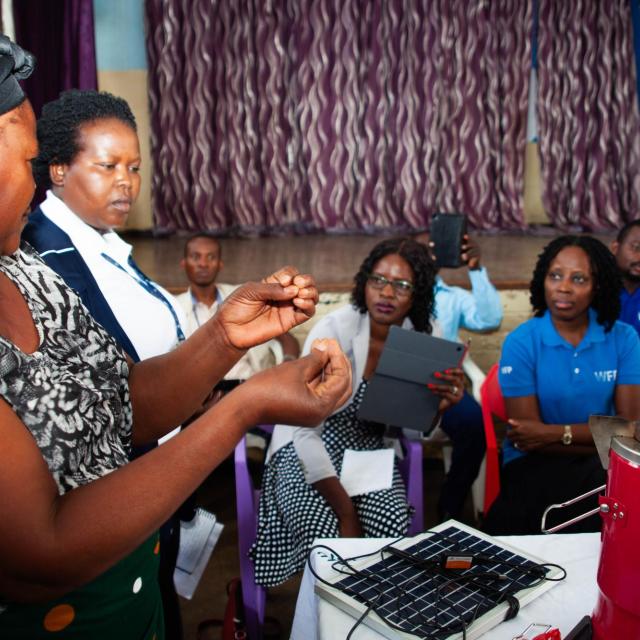
Emerging Cooking Solutions
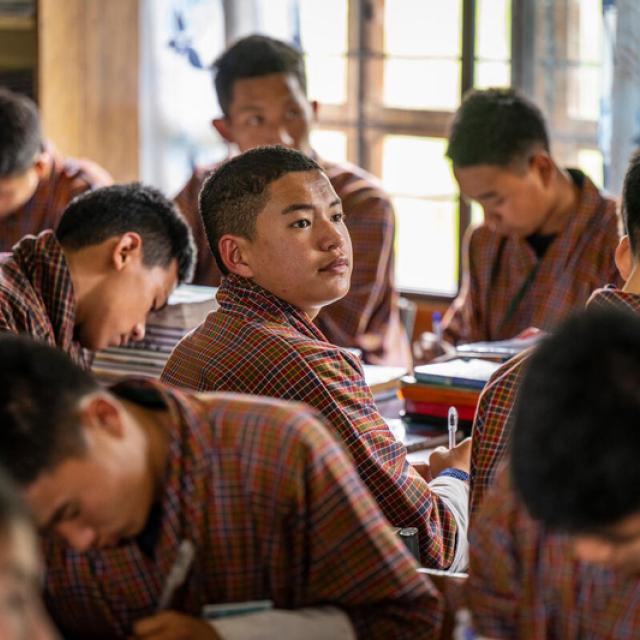
School Meal Planner (SMP) PLUS
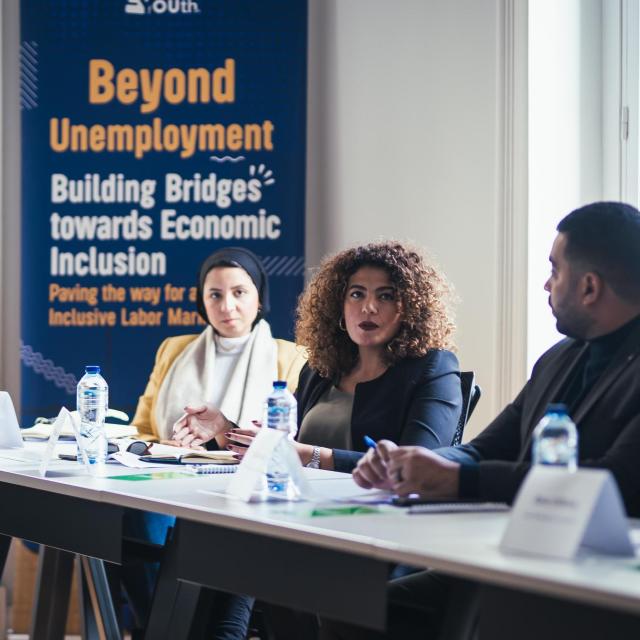
EYouth - Empower Me
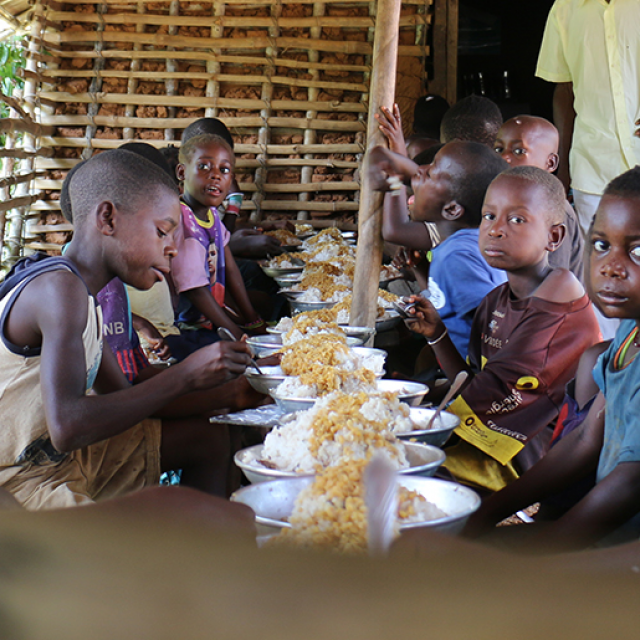
Electric Pressure Cookers for Schools (EPC4S)
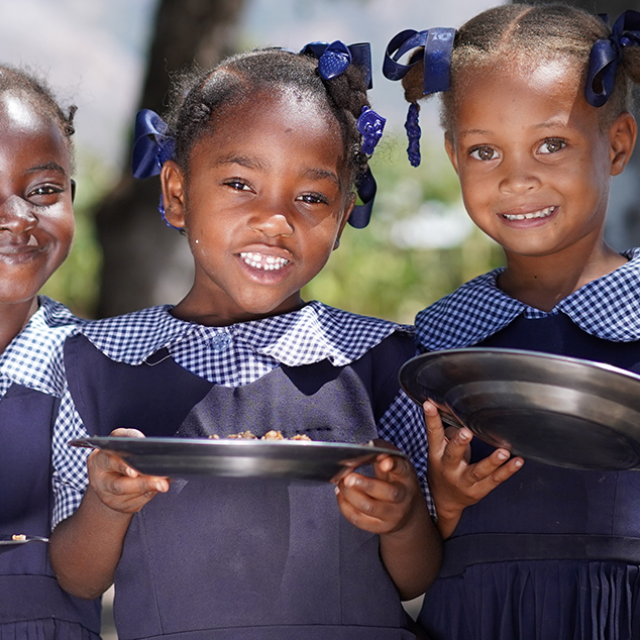
Clean Cooking
Meza
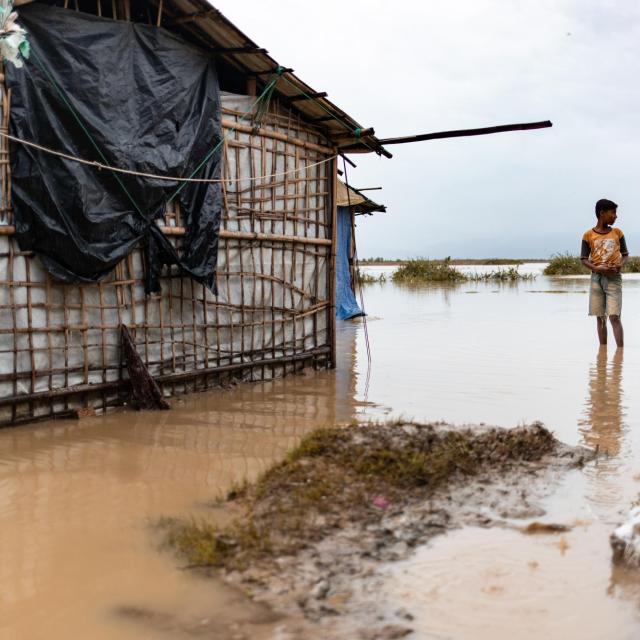
PRISM
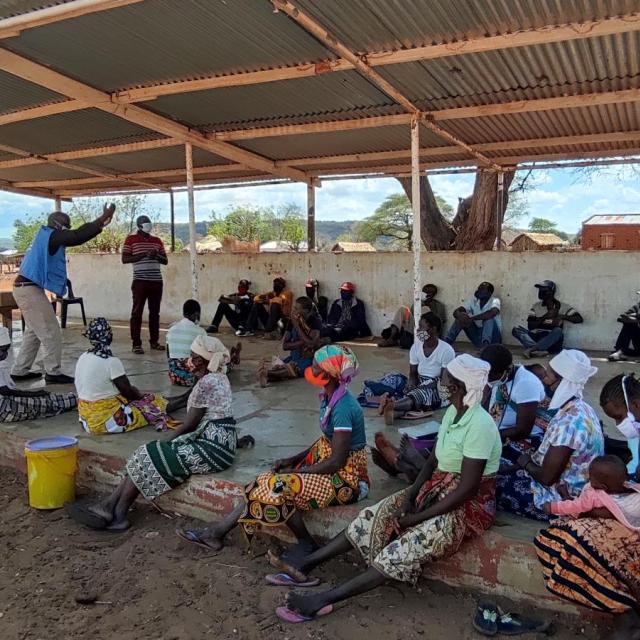
Arable
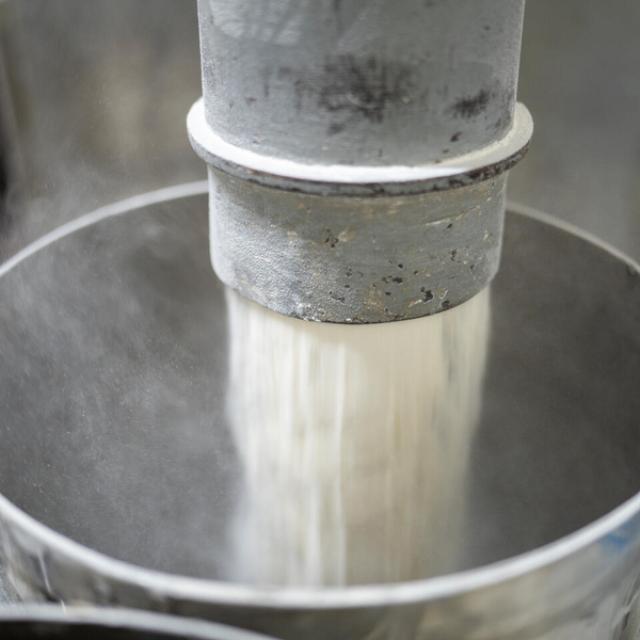
Chakki
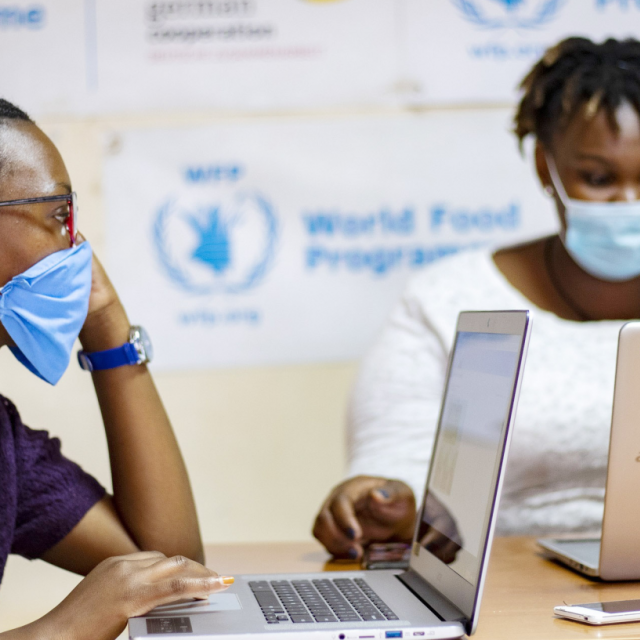
EMPACT
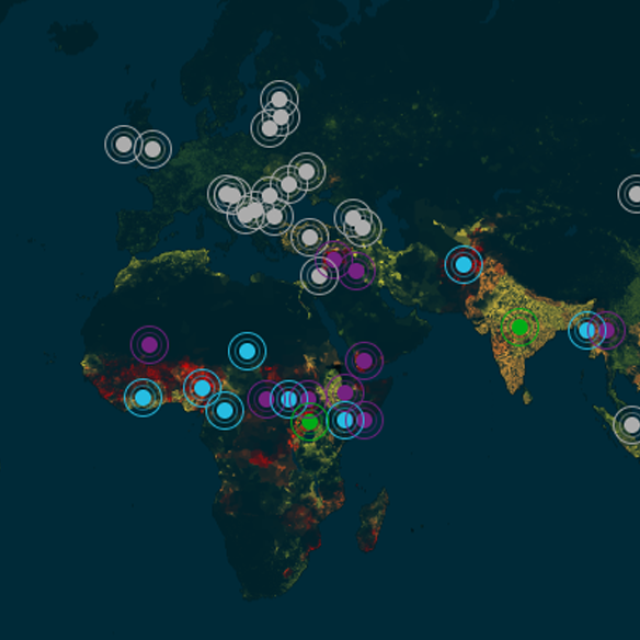
HungerMap LIVE
Asset Impact Monitoring System (AIMS)
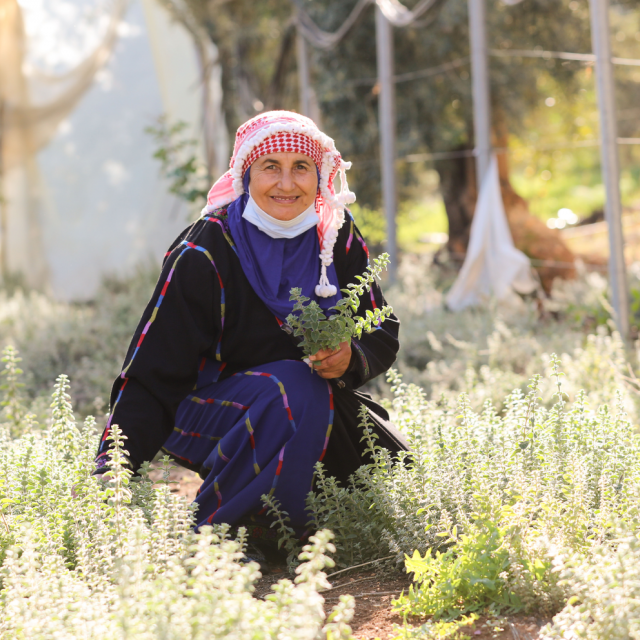
Decapolis
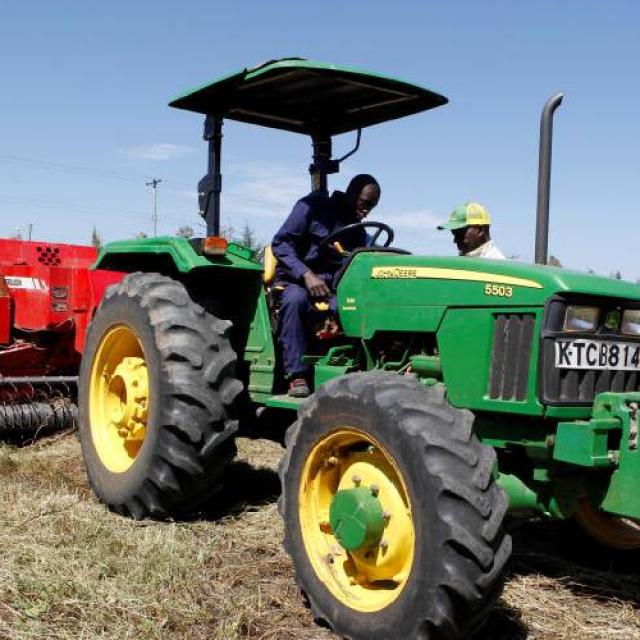
Hello Tractor
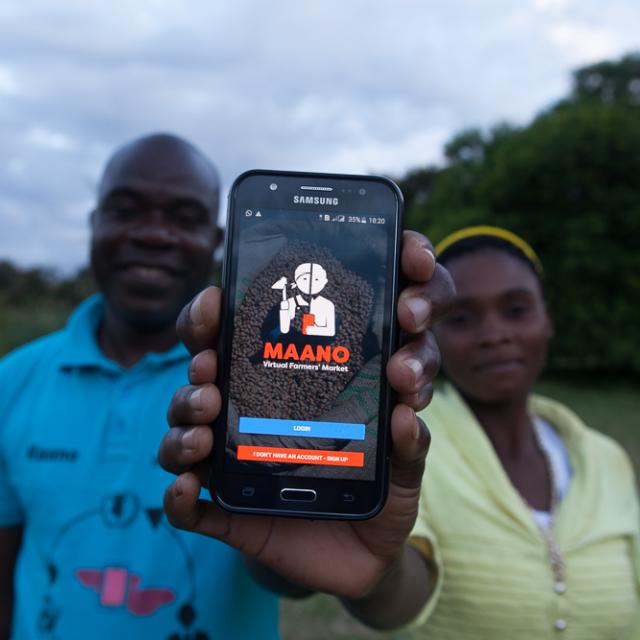
Maano - Virtual Farmers Market
